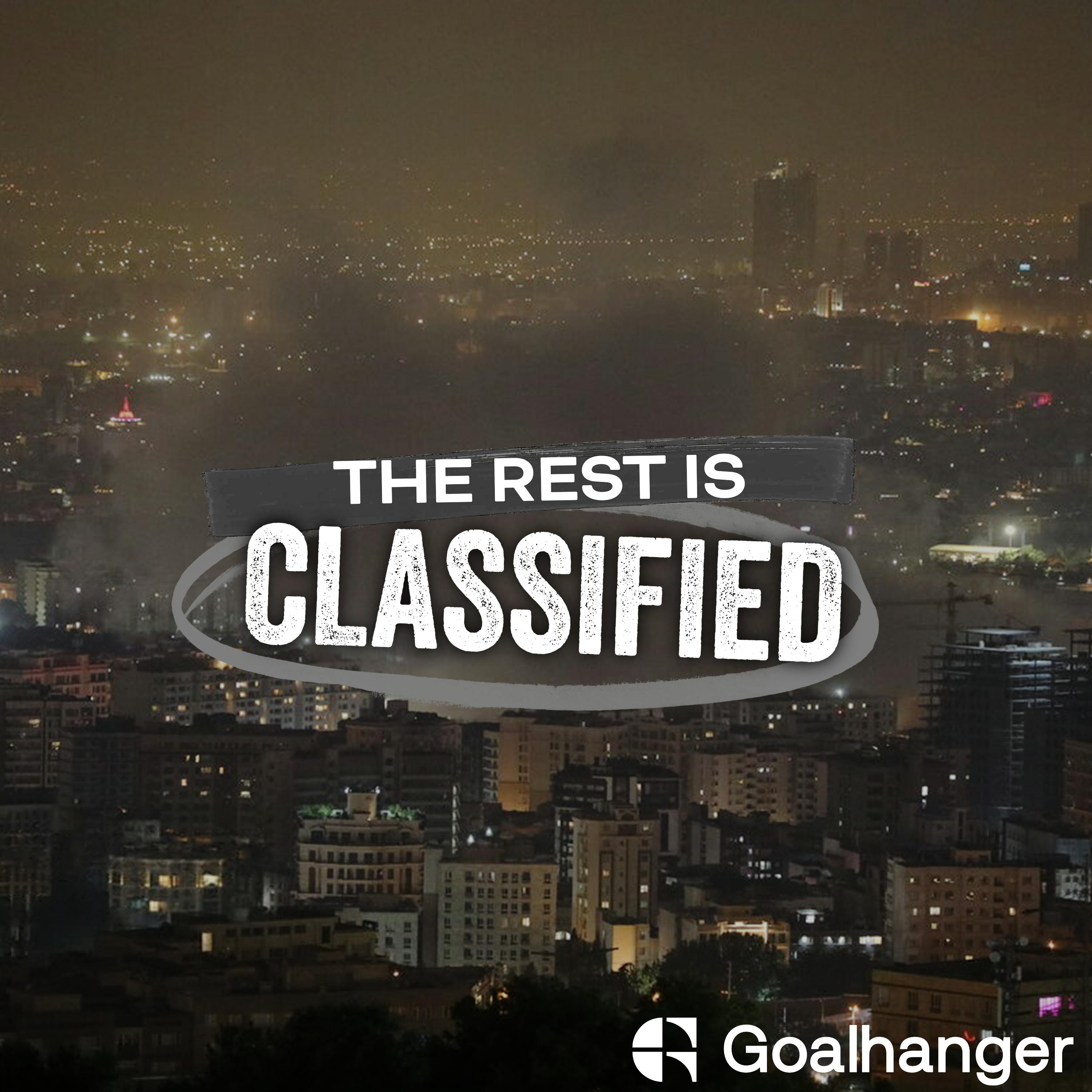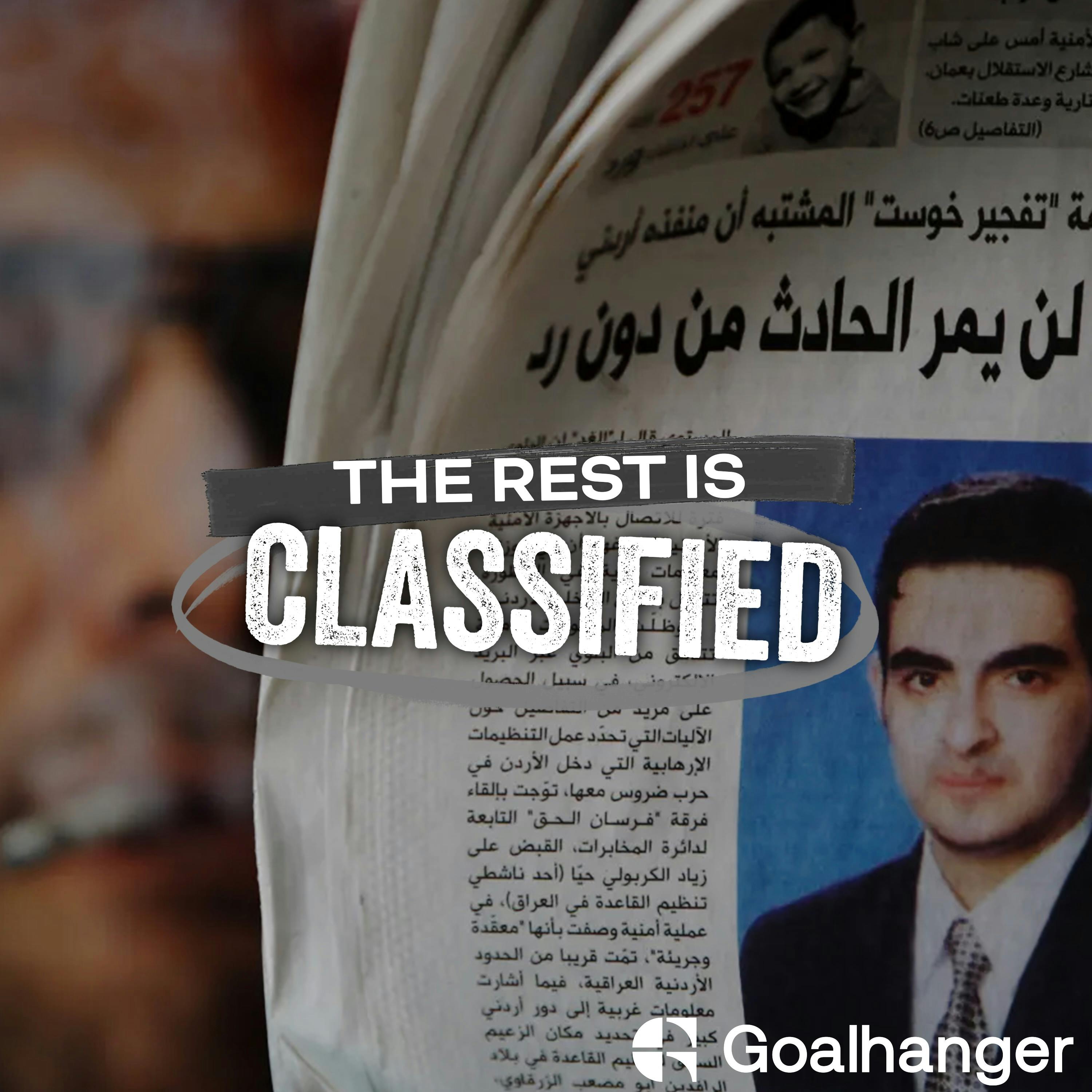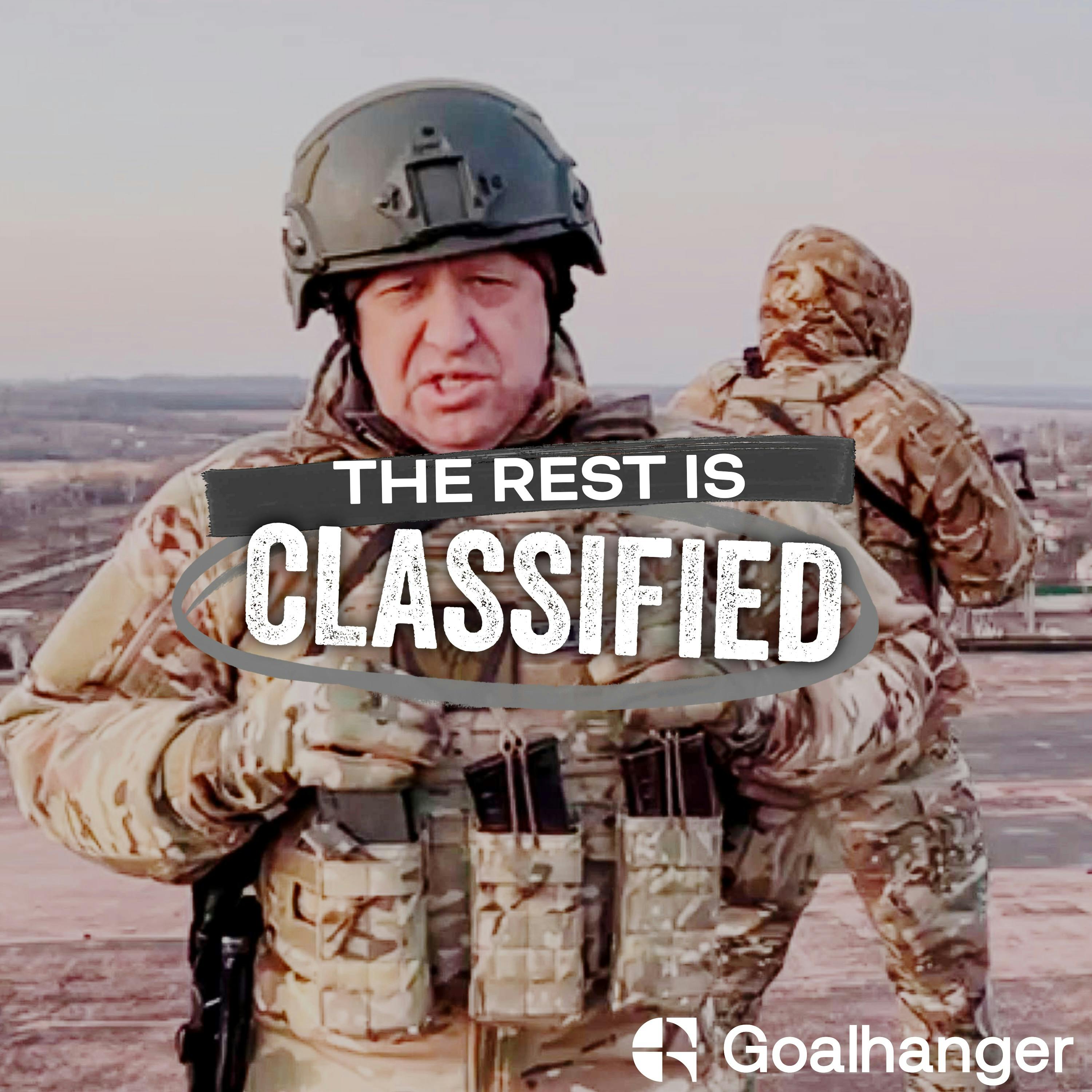57. Why Israel Attacked Iran
The ongoing conflict between Iran and Israel may have escalated last Friday when Israel launched predawn strikes on its regional enemy, but tensions have been brewing for years.
In 2020, the Israeli National Intelligence Agency, Mossad, assassinated Iran's top nuclear scientist, Mohsen Fakhrizadeh, using AI-powered weaponry. This attack laid the foundations for the contemporary Israeli attacks on Iran's nuclear facilities and signalled that this conflict was always simmering at the surface.
Listen as national security journalist, Gordon Corera, and former CIA Analyst, David McCloskey, tell the story of how Iran and Israel came to the brink of war.
-------------------
To sign up to The Declassified Club, go to www.therestisclassified.com or click this link.
To sign up to the free newsletter, go to: https://mailchi.mp/goalhanger.com/tric-free-newsletter-sign-up
-------------------
Get our exclusive NordVPN deal here ➼ nordvpn.com/restisclassified It's risk-free with Nord's 30 day money back guarantee
-------------------
Order a signed edition of Gordon's latest book, The Spy in the Archive, via this link.
Order a signed edition of David's latest book, The Seventh Floor, via this link.
-------------------
Email: classified@goalhanger.com
Twitter: @triclassified
Assistant Producer: Becki Hills
Producer: Callum Hill
Senior Producer: Dom Johnson
Exec Producer: Tony Pastor
Learn more about your ad choices. Visit podcastchoices.com/adchoices
In 2020, the Israeli National Intelligence Agency, Mossad, assassinated Iran's top nuclear scientist, Mohsen Fakhrizadeh, using AI-powered weaponry. This attack laid the foundations for the contemporary Israeli attacks on Iran's nuclear facilities and signalled that this conflict was always simmering at the surface.
Listen as national security journalist, Gordon Corera, and former CIA Analyst, David McCloskey, tell the story of how Iran and Israel came to the brink of war.
-------------------
To sign up to The Declassified Club, go to www.therestisclassified.com or click this link.
To sign up to the free newsletter, go to: https://mailchi.mp/goalhanger.com/tric-free-newsletter-sign-up
-------------------
Get our exclusive NordVPN deal here ➼ nordvpn.com/restisclassified It's risk-free with Nord's 30 day money back guarantee
-------------------
Order a signed edition of Gordon's latest book, The Spy in the Archive, via this link.
Order a signed edition of David's latest book, The Seventh Floor, via this link.
-------------------
Email: classified@goalhanger.com
Twitter: @triclassified
Assistant Producer: Becki Hills
Producer: Callum Hill
Senior Producer: Dom Johnson
Exec Producer: Tony Pastor
Learn more about your ad choices. Visit podcastchoices.com/adchoices
Press play and read along
Transcript
Transcript is processing—check back soon.
The Rest Is Classified — 57. Why Israel Attacked Iran





